
Build Back Better Update – Call Your Representative Now!
Gina Kelley
November 3, 2021
With President Biden’s release of a detailed Build Back Better Framework last week, we are on the verge of a historic shift in our government’s priorities. Now, let’s get it done!
There is a good chance the House of Representatives will vote on the Build Back Better legislation THIS WEEK so please take action TODAY.
Update: Since this video was filmed, further negotiations have succeeded in securing four weeks of comprehensive paid family & medical leave to care for a new child, to care for a family member, and to care for your own medical needs in the House version of the Build Back Better framework. Paid leave will unite the country, keep us healthy and help every family in the U.S.
Call Your Representative Now: 888-738-3058
Tell them to vote Yes on the Build Back Better plan!
With your help, Congress will vote to shape our federal policies to align more closely with our values.







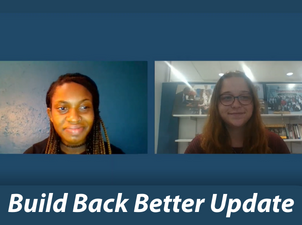
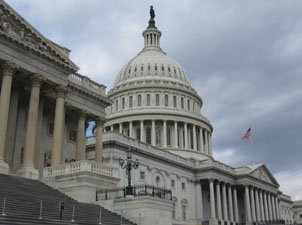
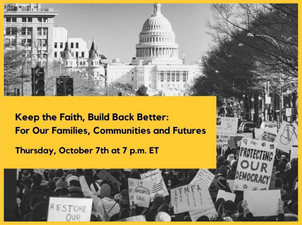
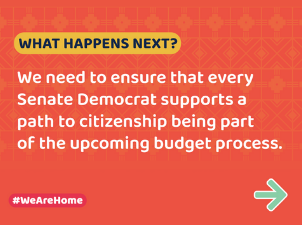
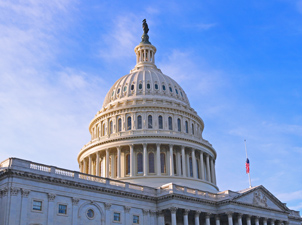

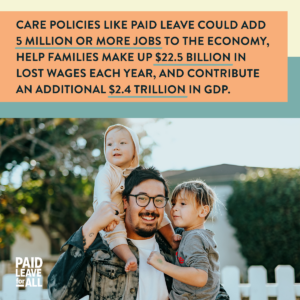 On July 13, 2021, the Senate announced that it had reached an agreement on a $3.5 trillion recovery package to be passed through the budget reconciliation process. This package, which is based on President Biden’s Build Back Better vision, together with the $1 trillion bipartisan Infrastructure Investment and Jobs Act, comes at a time when the COVID-19 pandemic has laid bare the gross inequity and lack of federal investment in our communities and infrastructure.
On July 13, 2021, the Senate announced that it had reached an agreement on a $3.5 trillion recovery package to be passed through the budget reconciliation process. This package, which is based on President Biden’s Build Back Better vision, together with the $1 trillion bipartisan Infrastructure Investment and Jobs Act, comes at a time when the COVID-19 pandemic has laid bare the gross inequity and lack of federal investment in our communities and infrastructure. 

